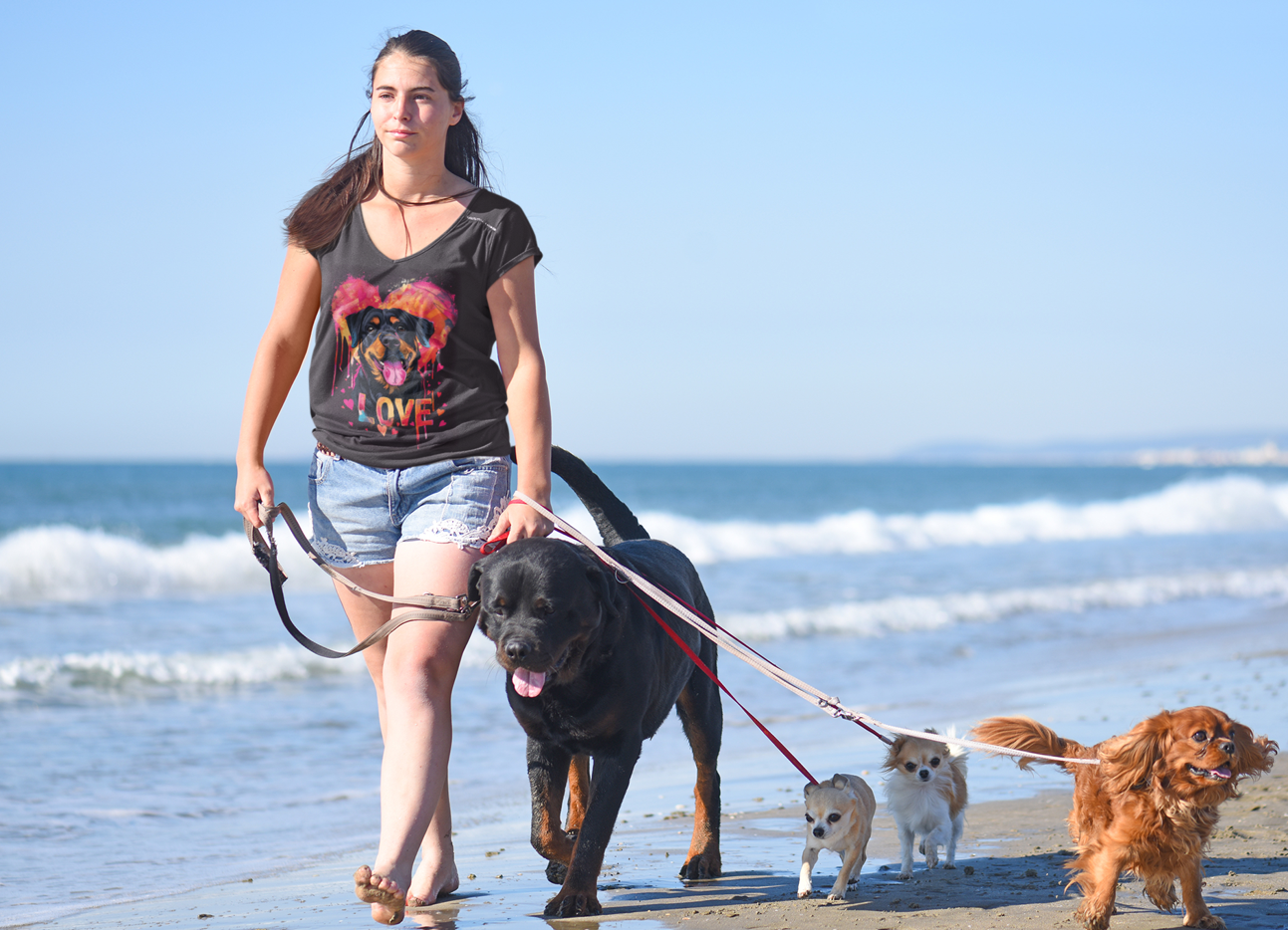Progressive Retinal Atrophy (PRA) - Canine Health
Understanding Progressive Retinal Atrophy (PRA) in Dogs: Recognizing Signs, Seeking Support, and Promoting Quality of Life
Progressive Retinal Atrophy (PRA) is a degenerative eye disease that affects dogs, gradually leading to vision loss and potentially blindness. Recognizing the signs of PRA, understanding the available support options, and seeking veterinary guidance are crucial steps in managing this condition and supporting your dog's well-being. In this guide, we'll explore the causes, symptoms, diagnosis, and management of Progressive Retinal Atrophy in dogs to provide you with valuable insights on when to seek veterinary care and how to support your dog through this challenging condition.
Understanding Progressive Retinal Atrophy:
Progressive Retinal Atrophy (PRA) is a genetic condition characterized by the degeneration of the retina, the light-sensitive tissue lining the back of the eye. As the disease progresses, affected dogs experience a gradual decline in vision, ultimately leading to blindness. PRA can affect dogs of all breeds and ages, with certain breeds being more predisposed to the condition.
Signs of Progressive Retinal Atrophy:
- Night Blindness: One of the earliest signs of PRA is difficulty seeing in low light or dimly lit environments, often referred to as night blindness. Dogs with PRA may exhibit reluctance to navigate unfamiliar surroundings or may bump into objects in poorly lit areas.
- Decreased Vision: As the disease progresses, affected dogs may experience a gradual decline in daytime vision, leading to difficulty navigating obstacles, hesitancy in unfamiliar environments, and changes in behavior.
- Changes in Eye Appearance: In some cases, changes in the appearance of the eyes, such as increased reflectivity or a "shiny" appearance in the retina, may be observed during veterinary examination.
Diagnosis and Veterinary Evaluation:
If you suspect your dog may have Progressive Retinal Atrophy, it's essential to seek veterinary evaluation promptly. Your veterinarian will perform a comprehensive eye examination, including visual assessment, ophthalmoscopy, and potentially specialized tests such as electroretinography (ERG) to confirm the diagnosis and assess the extent of retinal degeneration.
Support and Management Options:
While there is currently no cure for Progressive Retinal Atrophy, supportive care and management strategies can help optimize your dog's quality of life and slow the progression of the disease. Depending on the stage and severity of PRA, your veterinarian may recommend:
- Environmental Adaptations: Make adjustments to your dog's environment to accommodate their changing vision, such as removing obstacles, providing clear pathways, and avoiding sudden changes in furniture or layout.
- Behavioral Training: Implement training techniques to help your dog navigate their surroundings more confidently, such as using verbal cues, tactile markers, and positive reinforcement to guide them.
- Regular Veterinary Monitoring: Schedule regular follow-up appointments with your veterinarian to monitor the progression of PRA and assess your dog's overall eye health. Your veterinarian may recommend additional testing or adjustments to the management plan as needed.
- Supportive Care: Provide your dog with a supportive and loving environment, offering comfort, reassurance, and companionship as they adapt to changes in their vision and navigate life with PRA.
When to Seek Veterinary Care:
- If you notice any signs of vision changes or abnormalities in your dog's eyes, such as night blindness, decreased vision, or changes in eye appearance, it's essential to seek veterinary care promptly. Early detection and intervention can help slow the progression of PRA and improve your dog's quality of life.
- Additionally, if your dog has a known history of PRA or if you suspect they may be at risk based on breed predisposition or genetic testing, regular veterinary monitoring and proactive management are essential to optimize their eye health and well-being.
Conclusion:
Progressive Retinal Atrophy (PRA) is a challenging condition that can significantly impact a dog's vision and quality of life. By recognizing the signs of PRA, seeking veterinary care promptly, and implementing supportive management strategies, you can help your dog adapt to changes in their vision and navigate life with confidence and comfort.
Remember, your veterinarian is your best resource for guidance and support in managing your dog's eye health and well-being. Don't hesitate to reach out if you have any concerns or questions regarding Progressive Retinal Atrophy or if you notice any changes in your dog's vision. Together, you can work towards providing your dog with the care, support, and compassion they need to thrive despite the challenges of PRA.

